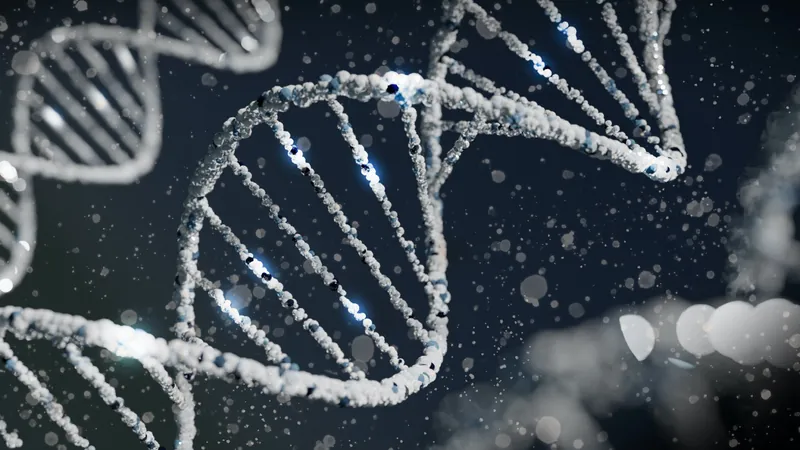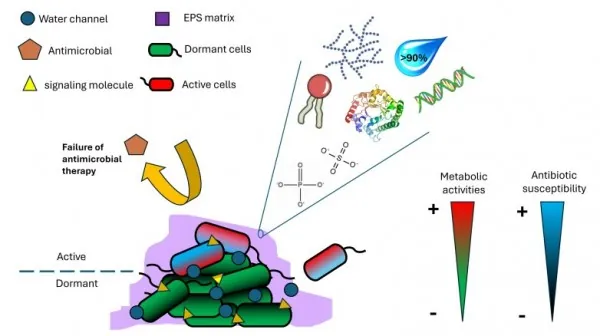
Alarming Discovery: Genetic Mutations in HRAS and KRAS Genes Linked to Childhood Cancers
2024-09-26
Introduction
Recent scientific research reveals a shocking connection between genetic mutations and childhood cancers, particularly within specific rare diseases. The HRAS and KRAS genes have long been known to harbor mutations that lead to conditions such as Costello syndrome and Noonan syndrome, but new findings suggest these variants could significantly elevate cancer risks during early development.
Study Background
Researchers from Hannover Medical School in Germany and the National Cancer Institute (NCI) in the U.S. conducted a groundbreaking study focusing on a unique demographic: young patients with multi-line mosaic RASopathies. These disorders, which occur due to aberrations in the RAS-MAPK signaling pathway during embryonic development, can lead to the presence of both mutated and healthy cells.
Findings and Statistics
The astoundingly high rate of cancer diagnoses among this group is eye-opening. The study uncovered that 20% of these patients are diagnosed with cancer by the tender age of 20. Notably, the risk of developing rhabdomyosarcoma—a serious cancer affecting soft tissue—is alarmingly elevated, with patients facing an 800-fold increased risk compared to the general population.
Case Analysis
With a total of 69 cases analyzed, the team found twelve instances of cancer, predominantly in children. “Among the diagnosed cases, seven were specifically rhabdomyosarcoma, with ages ranging from mere months to twelve years old,” reported Professor Dr. Christian Kratz, who spearheaded the study. What’s particularly concerning is that all cases of rhabdomyosarcoma occurred in the urogenital region, underscoring a critical need for specialized clinical monitoring and care for young patients.
Importance of Early Diagnosis
This research highlights the essential nature of early diagnosis and intervention. “Stringent screening for rhabdomyosarcoma in young children is imperative, alongside routine skin cancer evaluations for adults who have survived these high-risk diseases,” stated Stewart, a researcher at the NCI.
Conclusion
The findings are a part of an extensive examination recently published in Clinical Cancer Research, urging the medical community to reevaluate the standards of vigilance in monitoring these vulnerable patients. As the field of genetics and oncology continues to evolve, parents and healthcare providers must remain alert to the implications of these genetic mutations.
Future Outlook
Stay tuned for more updates as we delve deeper into the intricate relationship between genetics and childhood cancers—discoveries that could change the landscape of pediatric oncology forever!


 Brasil (PT)
Brasil (PT)
 Canada (EN)
Canada (EN)
 Chile (ES)
Chile (ES)
 España (ES)
España (ES)
 France (FR)
France (FR)
 Hong Kong (EN)
Hong Kong (EN)
 Italia (IT)
Italia (IT)
 日本 (JA)
日本 (JA)
 Magyarország (HU)
Magyarország (HU)
 Norge (NO)
Norge (NO)
 Polska (PL)
Polska (PL)
 Schweiz (DE)
Schweiz (DE)
 Singapore (EN)
Singapore (EN)
 Sverige (SV)
Sverige (SV)
 Suomi (FI)
Suomi (FI)
 Türkiye (TR)
Türkiye (TR)